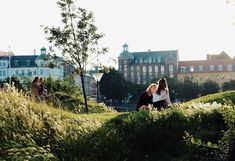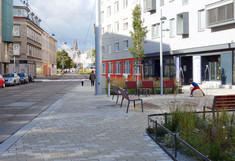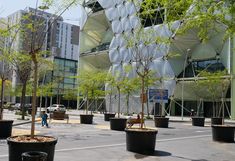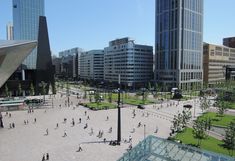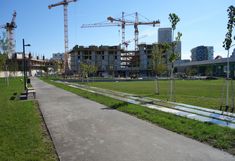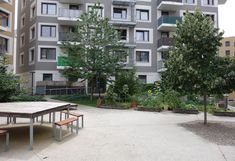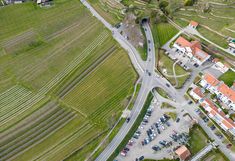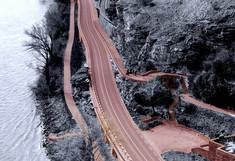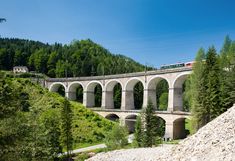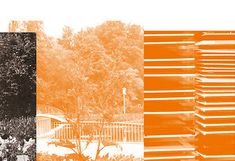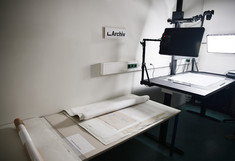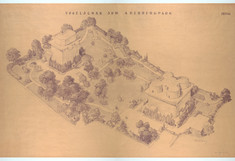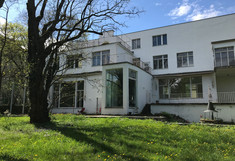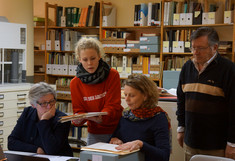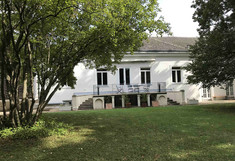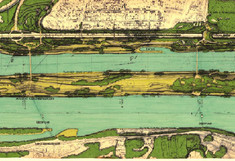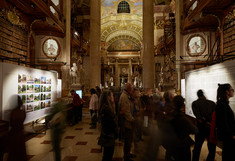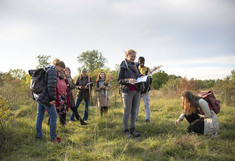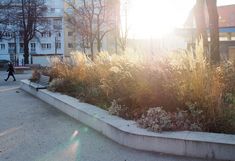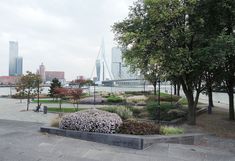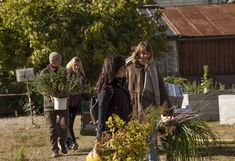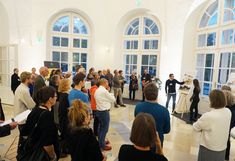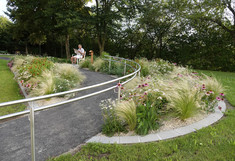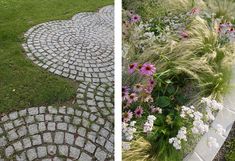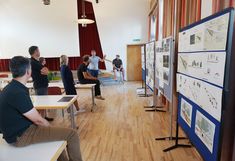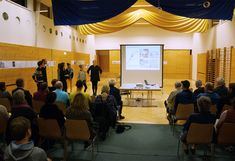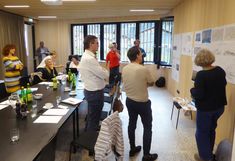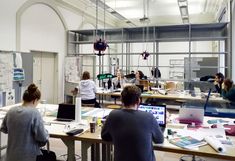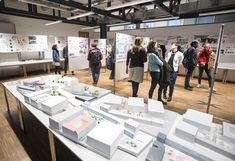Teaching
The Institute of Landscape Architecture (ILA) takes a student-centred approach to teaching and learning, which is understood and practised as a collaborative working process. The ILA is the only institute at BOKU that specializes in design and design theory.
Open spaces are analysed and designed, and their development and effects are studied. Climate-adaptive and socially just design is combined with aesthetic and cultural requirements. The curriculum also covers the development of design, the evolution of open spaces, and the growth of the profession from a historical perspective. Theory, methods, the use of plants, and manual skills are taught as part of the programme and form an important foundation.
Teaching is based on the results of current research projects at the ILA and beyond, and the design component covers conceptual design at different scales, with special consideration given to spatial, social, and ecological developments. Examples of object design are found in both urban and rural contexts. Students will acquire basic knowledge and advanced skills in the use of drawing, digital tools, and model-making.
Lectures, reflections, discussions, and excursions are organized with a focus on current issues in landscape architecture.
Teaching at the ILA centres on the following:
- Design in theory and practice (design theory and methodology, design projects, design theory, spatial perception)
- The history of landscape architecture in theory and practice (garden art, trends and people in their context, conservation of garden monuments)
- The use of plants in theory and practice (planting concepts and planning, maintenance concepts, ILA perennial teaching garden)
- Skills (hand drawing, computer-aided drawing, representation and presentation, modelling)
- Scientific skills (landscape architectural and social science research methods, seminar papers, bachelor’s and master’s theses)

